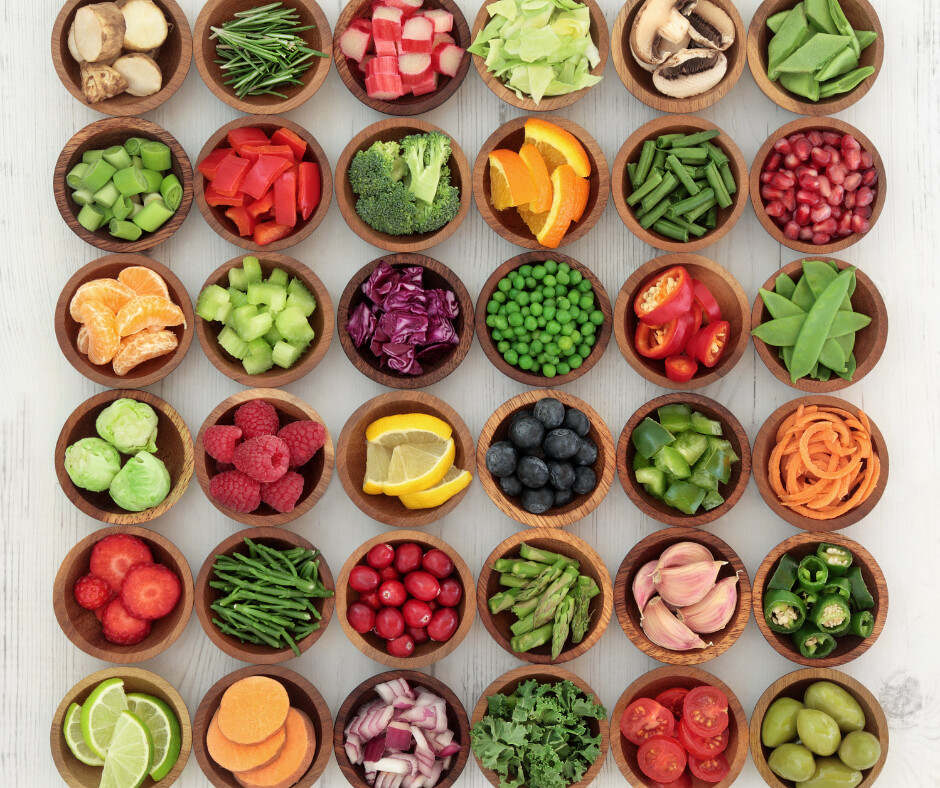
Food sensitivities are a milder form of a food allergy and cause inflammation in your body. Over time they can cause harm to your health. The most common food allergies are wheat, dairy, corn, soy, nuts and shellfish. Food sensitivities tend to happen with smaller food groups like eggs, fruit, garlic, and onions. If you have a food sensitivity, you may experience moodiness, heartburn, bloating, acne, along with other possible reactions. The best thing you can do is to avoid the foods that you know trigger a reaction in your body until your body heals. Here are some things you can do to help reduce and/or eliminate the impact of food sensitivities.
Stomach Acid
A food sensitivity can lower stomach acid production over time. And you need good stomach acid production to break food down into small enough particles that your body can utilize. If you keep eating foods that you are sensitive to, it can result in inflammation in your gut and a condition known as leaky gut. There are many ways you can improve you stomach acid levels, including taking a supplement such as Betaine HCL. Others ways to improve stomach acid production include drinking water with bitters or lemon juice 15 minutes before a meal and not drinking a lot of liquid with your meal.
Immune System Support
A lot of the inflammation caused by food sensitivities is actually due to unnecessary immune reactions. There are many things you can do to support your immune response. Avoid processed foods, sugar, and alcohol and eat a clean healthy diet of fresh vegetables, fruit and clean protein. You may also want to make sure your diet includes powerful herbs and spices like turmeric and ginger. Supplements that can help support your immune system include quercetin, zinc glycinate, and l-glutamine.
Digestive Enzymes
Another way to improve your digestion of foods is to supplement with high quality digestive enzymes. This can also help you avoid developing food sensitivities. Not only does your digestion rely on enzymes, but many other systems in your body also need them to function properly.
Herbal Anti-Microbials
If you have been eating foods that you are sensitive for awhile, you may have a gut microbiome that is out of balance. This means you may not have enough good bacteria and have too many bad bacteria. Examples of herbs that can help reduce the amount of bad bacteria include garlic, onion, rosemary, thyme and oregano. You can incorporate these in your diet or take them in supplement form.
Good Bacteria
Making sure you have a variety, and plenty of good bacteria in your gut is key to your overall health. Rotating high quality probiotics and soil (spore) based probiotics can help you populate your gut with a variety of good bacteria. You can feed your good bacteria by consuming foods that are prebiotics. A prebiotic is not broken down or absorbed by the gastrointestinal tract. Prebiotics include foods like onions, leeks, carrots, radishes, jicama, bananas, tomatoes, and asparagus.
Did this help you? If so, I'd greatly appreciate it if you commented and/or share it on social media.

Email: sharonledwards@hotmail.com
Facebook: https://www.facebook.com/sharonledwardsbiz/





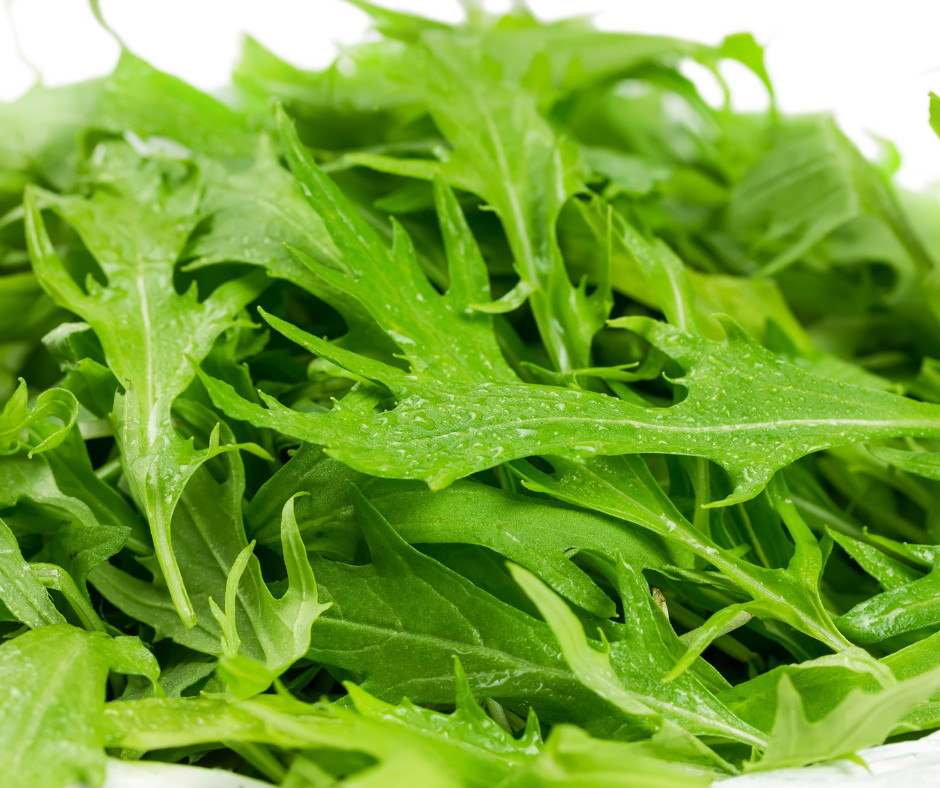
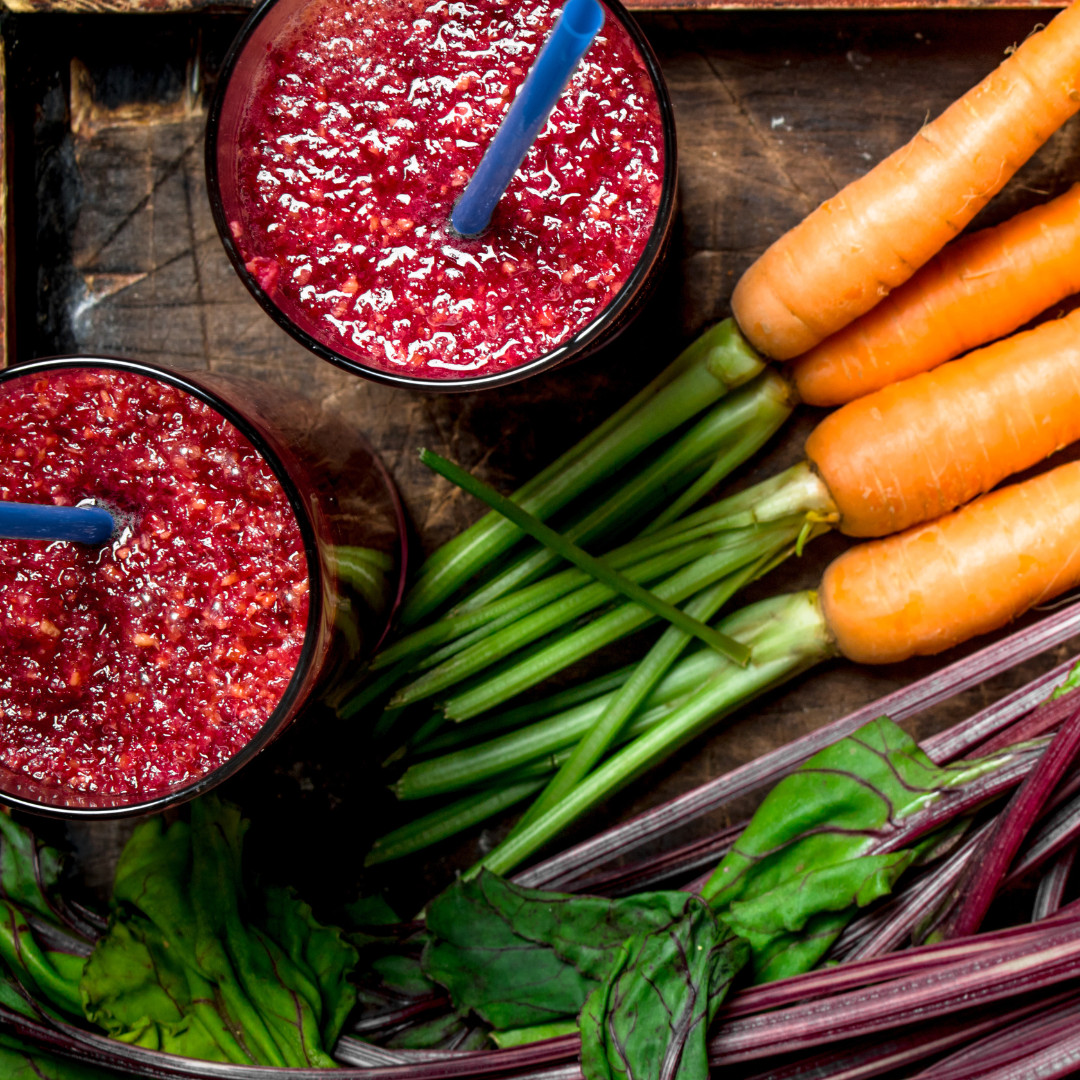

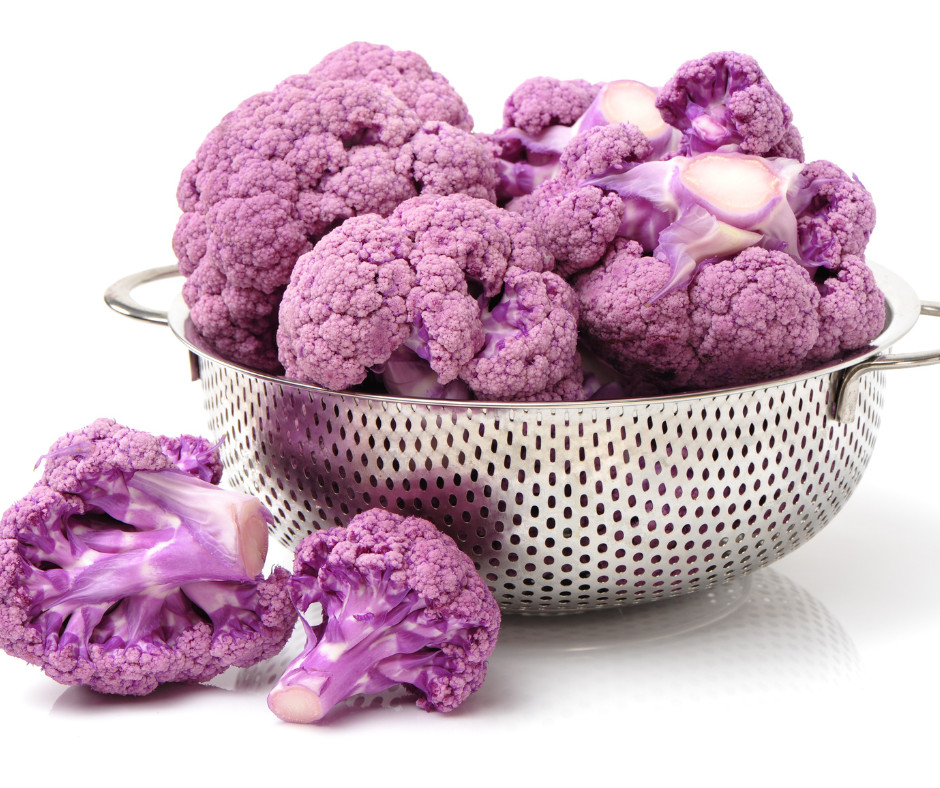
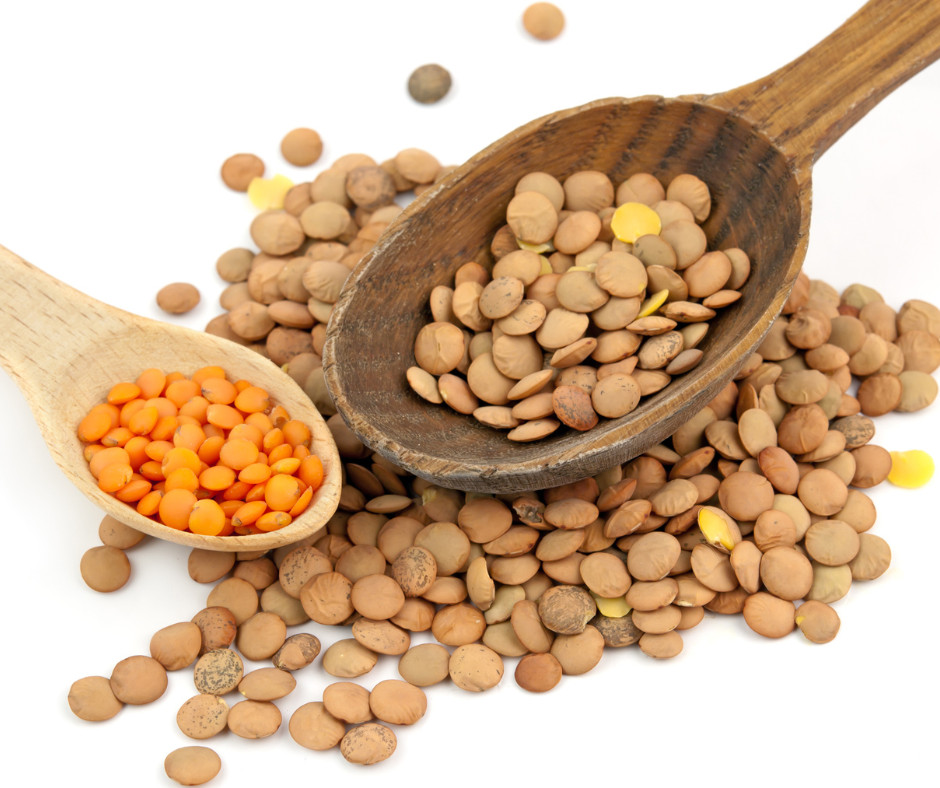






0 Comments